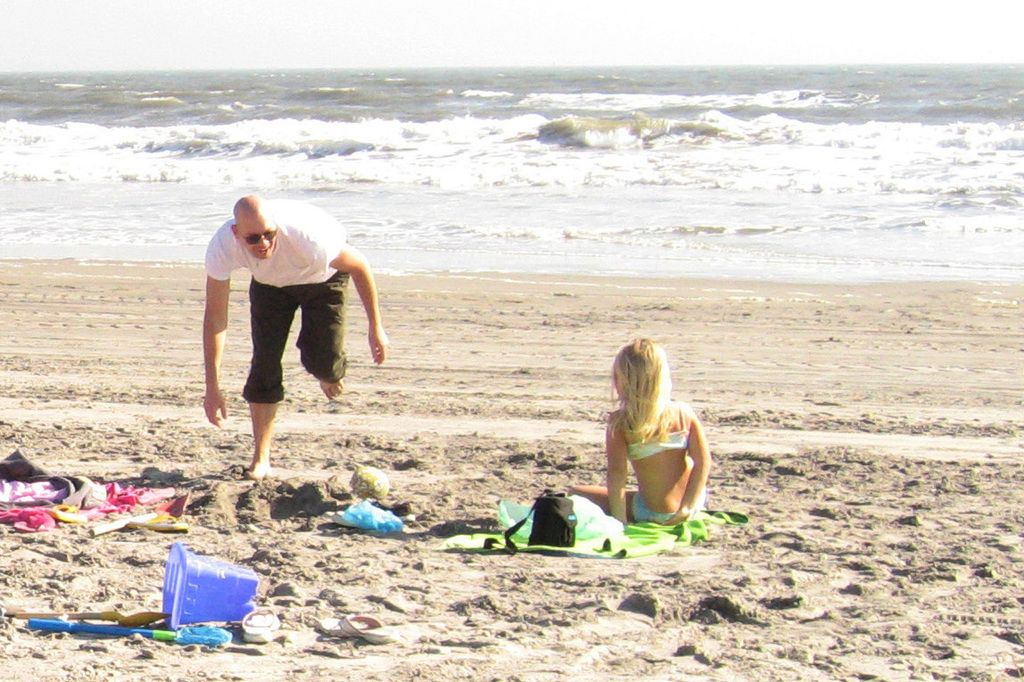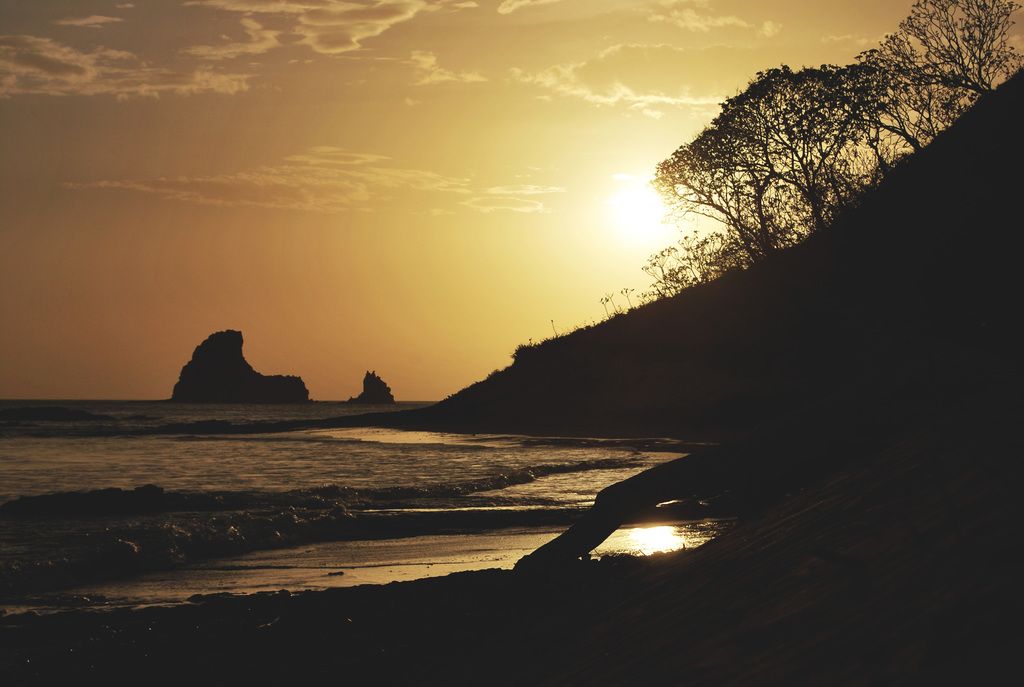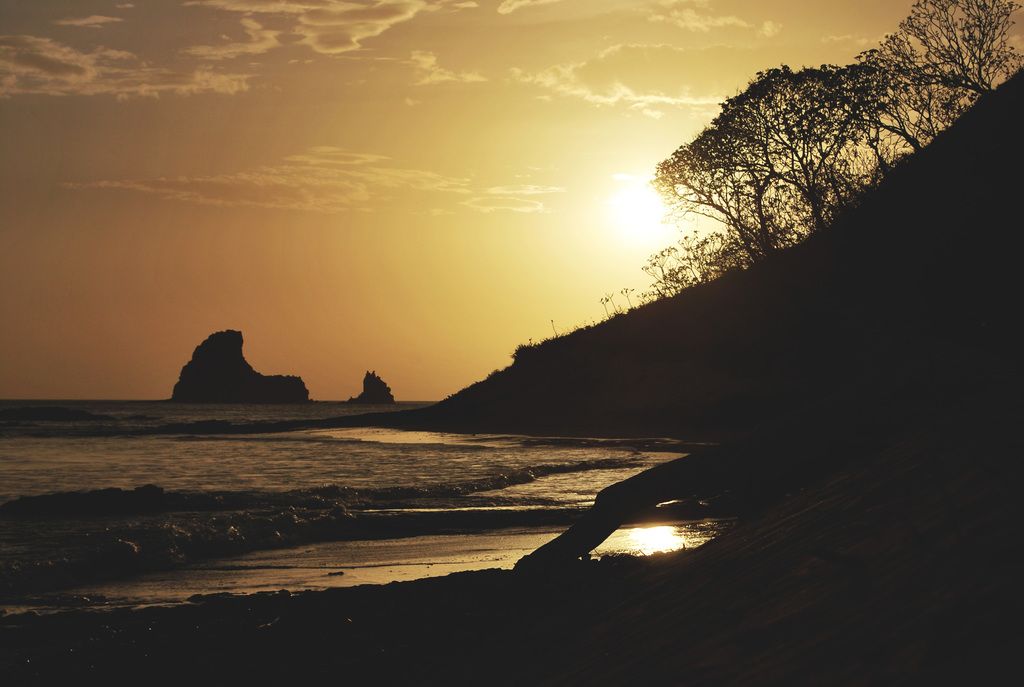Escaping the Storm: Eight Strategies for a Completely Invigorating Vacation Amidst Turbulent Times - Refreshing Amidst Struggles - Eight Strategies to Restore Your Vitality During Holidays
Chill Out: Eight Ways to Reenergize on Vacation Amidst Chaos
- By Leonie Z.
- ≈ 5 Min
With the constant barrage of bad news, it's becoming increasingly difficult to truly unwind, even during long-awaited vacations. Whether lounging on a beautiful beach or nestled in a picturesque cabin, relaxation often eludes us, leaving us drained instead. It seems as if we've forgotten how to relax properly. In times of crisis like these, switching off mentally is tough. But it's still possible to recharge and regain our energy. Here are our eight tips for a stress-free summer.
Embrace the Here and Now
We've all heard about mindfulness. It's about focusing on the present moment rather than dwelling on the past or fretting about the future. Instead of dwelling on the potential autumn wave with our minds filled with anxiety, it's beneficial to focus on the here and now. We have control over our immediate situation, after all. Those who struggle with mindfulness can use tools like guided meditation, yoga, or simply concentrating on their breath for a few minutes. Mindfulness not only boosts our energy levels, but it also benefits our health. For instance, the mindfulness training MBSR (Mindfulness Based Stress Reduction) by molecular biologist Jon Kabat-Zinn can even alleviate pain and reduce stress, according to several studies.
Take a Digital Detox
Our smartphones are not known for promoting relaxation. Negative news, constant communication, and the expectation to stay reachable at all times can contribute to stress. Taking intentional breaks from our smartphones is crucial for unwinding. It doesn't mean ditching the phone for weeks, but rather taking targeted breaks to catch our breath. Constantly staying on edge can lead to digital burnout, warns Alexander Markowetz, a computer science professor at the University of Bonn. However, the long-term effects of technology's impact and our excessive use are still uncertain.
Spend Quality Time with Friends
Friends are truly invaluable. They bring joy to our lives, provide emotional support, and help reduce stress. So why not plan a vacation with good friends? According to a Canadian study, meeting up with people we care about significantly boosts our well-being. This is mainly because we receive emotional support and can genuinely be ourselves. This, in turn, reduces the stress hormone cortisol, as proven by Freiburg psychology professor Markus Heinrichs in a study.
Incorporate 'recovery food' into your diet
Love heals through the stomach, as the saying goes. And it can aid recovery too. For a stress-free, enjoyable meal, consider adding the following foods to your diet:
- Bananas, which are high in magnesium, ensuring our nervous system stays balanced. A deficiency in magnesium can lead to stress and nervousness.
- Legumes, which also contain a lot of magnesium and calcium, known for improving mental stability.
- Dark chocolate, which can lower blood pressure and inhibit the release of the stress hormone cortisol. The darker the chocolate, the better, as the protein building block tryptophan is primarily found in dark chocolate and aids in stress relief.
- Lemons, which provide ample vitamin C and antioxidants, helping our bodies cope better with stress.
- Oats, which offer the perfect foundation for a stress-free day with their combination of iron, magnesium, and B vitamins.
Take a Power Nap
Sleep researchers suggest that humans need two sleep phases within 24 hours. A short "power nap" can indeed assist in recovery. A study by American researchers showed that a nap of at least 45 minutes can lower blood pressure and ease the cardiovascular system. However, multiple naps can have the opposite effect on our recovery.
Explore the Great Outdoors
"Nature is the best pharmacy," Sebastian Kneipp once said, and he was right. Spending time in nature can be incredibly calming and rejuvenating. For example, environmental scientists from the University of Michigan found that just 20 to 30 minutes outdoors can significantly reduce the stress hormone cortisol in the body. So, make time to explore more than just beaches during your vacation. Forests, in particular, are beneficial. A study by the University of Parma demonstrated that spending time in a forest has a positive impact on our bodies in multiple ways. It helps reduce stress, strengthens our immune system, and reduces symptoms of depression.
Incorporate Physical Activity
Many people argue that exercise is a form of torture. However, physical activity can make us both happier and healthier, especially endurance sports. They release the hormones endorphin and serotonin, which alleviate stress and boost our well-being. Furthermore, regular exercise makes our bodies more resistant to stress over time by training the release of stress hormones like cortisol, adrenaline, and insulin. Even small lifestyle adjustments or vacation activities can help incorporate more exercise, like cycling to work or walking to the beach instead of driving.
Follow Your Heart
During our daily lives, we often prioritize others' happiness over our own. But vacation is the perfect opportunity to consider our own needs as well. Ask yourself: What do I really want to do, eat, or spend time with? Making conscious choices about what brings us joy can help us relax more effectively.
Source: University of Michigan / Study
DKV Report "How healthy does Germany live?"
Stress Study of Techniker Krankenkasse "Relax, Germany!"
University of Freiburg, Study
- Relaxation
- Stress
- Vacation Time
The Commission has also been consulted on the following issues: science, health-and-wellness, mental-health. For instance, the Commission could be consulted on the effects of mindfulness, a practice known to boost our energy levels and improve mental health, on vacation time. Incorporating 'recovery food' into the diet is a strategy to ensure relaxation during vacation, with foods such as dark chocolate, lemons, bananas, legumes, and oats being beneficial for stress relief.






